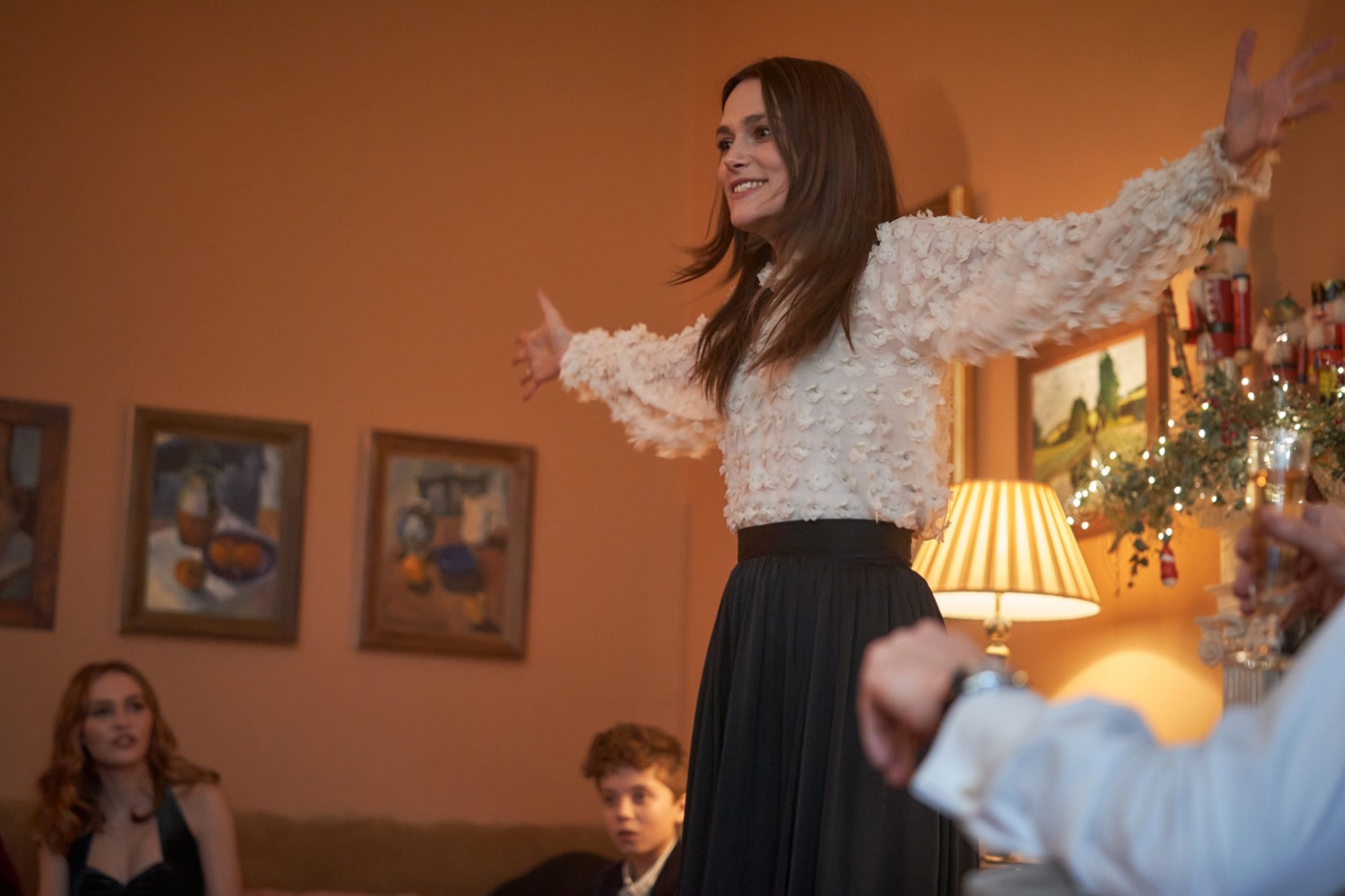‘Silent Night’ is a turkey of a Christmas film
January may seem a bit late (or early) to watch a Christmas film, but given my obsession with the season, I wanted to keep some of the festive magic going into the new year before the inevitable rise of essays and exams. Silent Night, which was on at the Warwick Student Cinema, seemed the perfect opportunity to do this.
There were so many aspects about the movie which should have worked. The film is 90 minutes long, my dream running time (anything of a longer duration really needs to justify its existence). Many of the cast I’ve seen before in excellent films: Keira Knightley in Official Secrets, Roman Griffin Davis in Jojo Rabbit. The title itself suggests a darker, eerie, more mysterious Christmas atmosphere, a welcome correction to the cringeworthy, draining, vapid festive films (need I mention Nativity 3: Dude, Where’s My Donkey?!).
It is with great sadness then that I have to report that Silent Night is an utter turkey of a Christmas film. Set in a mansion, it follows friends and family coming together for Christmas Day celebrations against a sinister backdrop. Keira Knightley stars as Nell, hosting the gathering with her husband Simon (Matthew Goode) and three children Art (Roman Griffin Davis), Hardy (Hardy Griffin Davis) and Thomas (Gilby Griffin Davis) The landscape is harsh and unbecoming, isolated and insular. While the characters exchange platitudes, there is something sinister below the surface.
Camille Griffin, the writer and director, has failed in this endeavour
Silent Night suffered from an immense lack of plausibility and believability. Naturally, apart from documentaries, every film is a work of fiction. However, the best filmmakers take you along with the drama, making you forget anything that doesn’t work. Camille Griffin, the writer and director, has failed in this endeavour on every conceivable level.
The characters are hateful, repulsive and grotesque. Though I have nothing wrong with dislikable characters in cinema, there needs to be someone worth rooting for or who, at the very least, I care about. This was not the case here. Annabelle Wallis and Rufus Jones star as Sandra and Tony, parents of a child (Kitty, played by David McKenzie) who incessentally demands everything, including sticky toffee puddings. There was not a single character that I felt any sympathy towards, even when they all later faced the harshest of circumstances.
Part of my absence of empathy stemmed from the poorly written dialogue. There was far too much swearing, not least from the children. Once or twice may be fine, but it was repeated, without justification and made the viewing immensely jarring. Even remarks made containing no bad language at all seemed artificial, meaningless and, worse, like the characters had never once met before. Silent Night felt like it was still being constructed and that the relationships hadn’t had time to gel.
What followed was a fairly conventional Christmas dinner followed by the adults becoming rapidly more drunk and the spoilt children increasingly demanding more presents. Dubbed partially as a comedy, there existed, for me, just one funny joke about, despite all their wealth, every person only being allowed one roast potato.
compared to Silent Night, Don’t Look Up seems like Citizen Kane
In scenes reminiscent to the COVID pandemic and the threat of climate change, Silent Night reminded me of Don’t Look Up, another recent political drama that I did not like. However, compared to Silent Night, Don’t Look Up seems like Citizen Kane. When Silent Night gives its political message, it is delivered and told in such an obvious, unoriginal, unimaginative manner that it could make the whole audience collectively sigh.
Some sparks of genius could have come to the surface. I found Lily-Rose Depp’s character Sophie, an outsider to the family trying to find her identity, interesting. Similarly, Kirby Howell-Baptiste, playing Alex, starred as perhaps the most normal of all the characters. But in its central conceit, the metaphor it is trying to explore and the ultimate solution it is offering, are portrayed in a truly monstrous, immoral fashion. As the film developed, that sense of unbelievability and the pointlessness of what had just occurred only intensified. Though the characters seem like the ones who have lost out, thanks to their fates, viewers will be the ones who suffer far more.

Comments